Bed bugs are pesky insects that feed on human blood and can cause severe itching, rashes, and allergic reactions. While getting rid of bed bugs entirely can be a challenging task, you can ease the symptoms of bed bug bites with natural remedies. In this article, we will discuss some of the most effective natural remedies for bed bug bites.
1. Aloe Vera
Aloe vera is a natural anti-inflammatory agent that can soothe skin irritations, including bed bug bites. Cut a fresh aloe vera leaf and apply the gel directly onto the affected area. Leave it on for 15-20 minutes and rinse it off with water. Repeat the process as needed to reduce itching and inflammation.
2. Tea Tree Oil
Tea tree oil is an excellent natural remedy for bed bug bites due to its anti-inflammatory and antiseptic properties. Mix a few drops of tea tree oil with a carrier oil like coconut oil or olive oil, and apply it to the affected area. Leave it on for a few hours before rinsing it off with water. Repeat the process as needed.
3. Witch Hazel
Witch hazel is a natural astringent that can help reduce itching and inflammation caused by bed bug bites. Soak a cotton ball in witch hazel and apply it to the affected area. Leave it on for 10-15 minutes and rinse it off with water. Repeat the process several times a day to alleviate symptoms.
4. Baking Soda
Baking soda is an alkaline substance that can neutralize the acidic venom of bed bugs and soothe skin irritation. Mix baking soda with water to form a thick paste and apply it to the affected area. Leave it on for 15-20 minutes and rinse it off with water. Repeat the process as needed to relieve itching and swelling.
5. Oatmeal
Oatmeal is a natural anti-inflammatory agent that can help reduce itching and inflammation caused by bed bug bites. Mix oatmeal with water to form a thick paste and apply it to the affected area. Leave it on for 15-20 minutes and rinse it off with water. Repeat the process as needed to soothe skin irritation.
6. Lavender Oil
Lavender oil is a natural remedy that can help reduce itching and inflammation caused by bed bug bites. Mix a few drops of lavender oil with a carrier oil like coconut oil or olive oil, and apply it to the affected area. Leave it on for a few hours before rinsing it off with water. Repeat the process as needed.
A cold compress can help reduce swelling and itching caused by bed bug bites. Place a few ice cubes in a clean cloth and apply it to the affected area for 10-15 minutes. Repeat the process several times a day to alleviate symptoms.
Apple cider vinegar is a natural anti-inflammatory agent that can help reduce itching and inflammation caused by bed bug bites. Mix equal parts of apple cider vinegar and water and apply it to the affected area using a cotton ball. Leave it on for 15-20 minutes and rinse it off with water. Repeat the process as needed to relieve symptoms.
9. Epsom Salt
Epsom salt is a natural anti-inflammatory agent that can help reduce itching and inflammation caused by bed bug bites. Mix Epsom salt with water to form a thick paste and apply it to the affected area. Leave it on for 15-20 minutes and rinse it off with water. Repeat the process as needed to soothe skin irritation.
10. Honey
Honey is a natural anti-inflammatory agent that can help reduce itching and inflammation caused by bed bug bites. Apply a small amount of honey to the affected area and leave it on for 15-20 minutes.
FAQ’s
Q.1 What helps bed bug bites to go away faster?
A. First wash the bites with soap and water, which will help prevent a skin infection and help reduce itchiness. If the bites itch, apply a corticosteroid cream to the bites. You can get a weak form of this medicine without a prescription at your local drugstore. Stronger corticosteroids require a prescription from the doctor.
Q.2 What stops bed bugs from biting you at night?
A. Washing your bed sheets and other bedding such as pillowcases and blankets in hot water is a simple and inexpensive way to stop bed bugs from biting you right at where you sleep every night.Also, vacuum your mattress and box spring to remove any bed bugs or eggs that may be present. Bed bug-proof encasements act as a barrier between you and the bugs, preventing them from accessing your skin while you sleep.
Q.3 What draws bed bugs out?
Bed bugs are attracted to a combination of factors, including:
- Carbon dioxide: Bed bugs are drawn to the carbon dioxide we exhale when we breathe. This is one of the primary ways they locate their hosts.
- Body heat: Bed bugs are also attracted to the heat our bodies give off. They can detect our body temperature and will move toward it.
- Sweat: Bed bugs are attracted to the chemicals in our sweat, such as lactic acid, which can indicate the presence of a potential host.
- Odors: Bed bugs are attracted to certain odors, including the scent of blood and the odor of human skin.
- Movement: Bed bugs are also attracted to movement. When a potential host moves, they can detect the motion and move toward it.
It’s important to note that while bed bugs are attracted to these factors, they can also be found in areas where there are no hosts present, such as in furniture, luggage, or clothing.
Q.4 What does toothpaste do for bed bug bites?
A. Menthol contained in toothpaste is said to be a good anti-itch remedy. Apply a generous amount to the bite to soothe the burning sensation and relieve the itching.
Q. 5. What Makes bed bug bites worse?
A. Over time, bites get worse. When adult bed bugs bite, they inject more anticoagulant. And, over the course of several exposures to this anticoagulant, the allergic reaction increases.
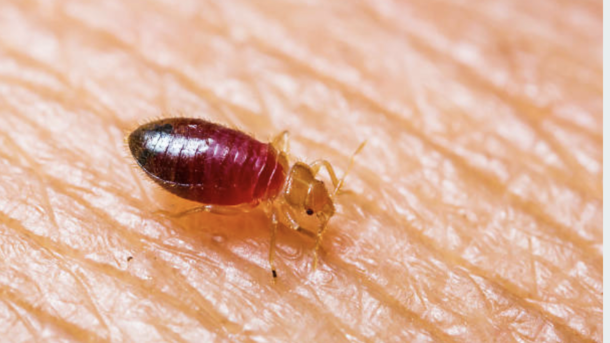

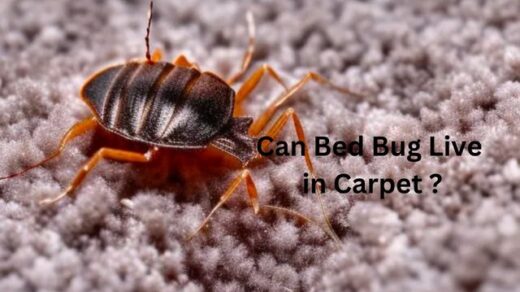
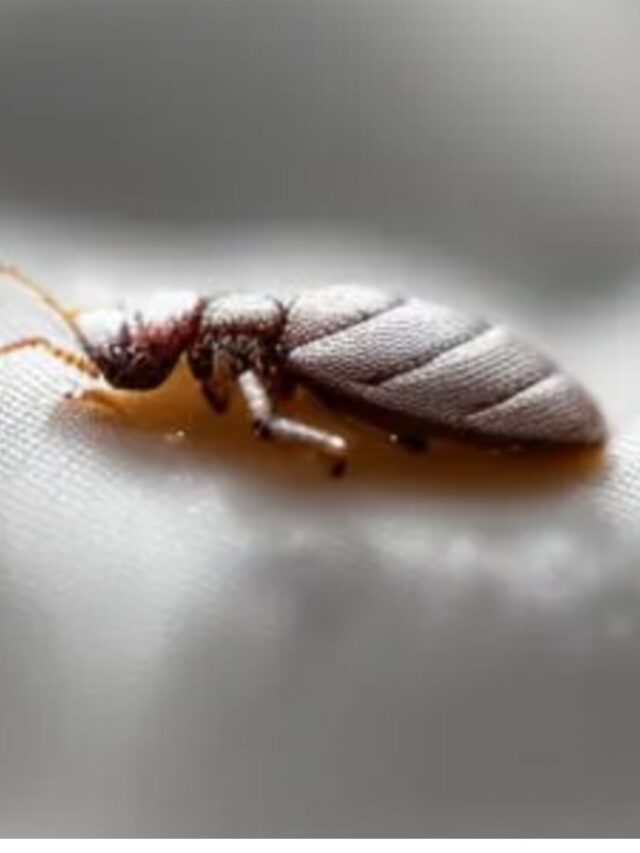
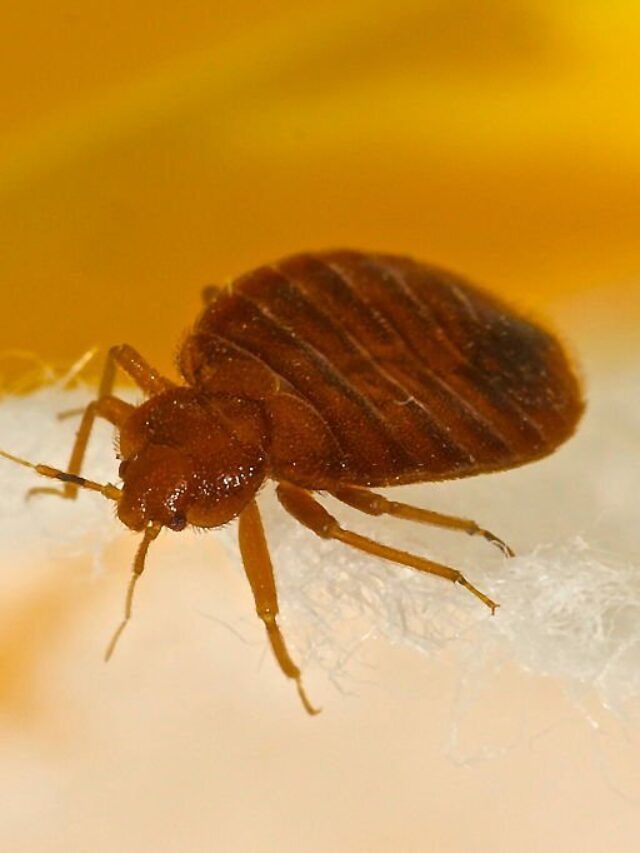
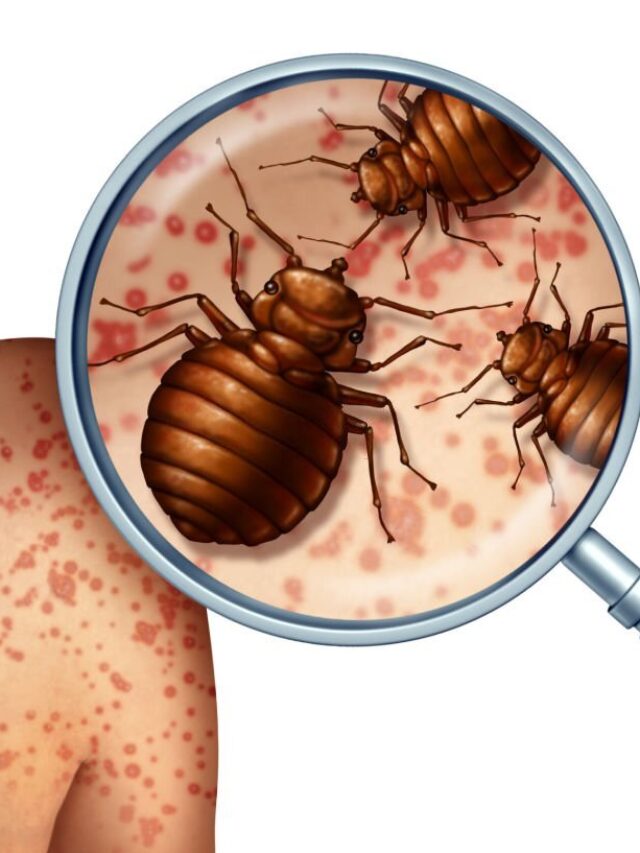

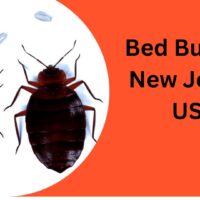
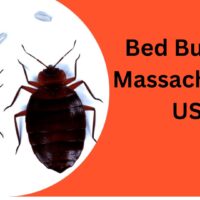

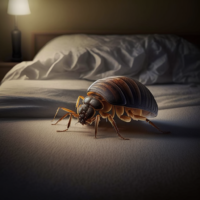
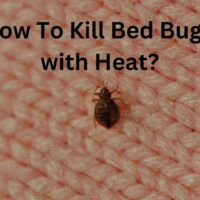

3 Responses
[…] Educate yourself about bed bugs: Learn about bed bugs and their behavior, including how to identify them, how they spread, and how to prevent infestations. […]
[…] Bed bug Bites: Bed bug bites are usually painless, but they can cause itching and irritation. Some people may develop an […]
[…] Conclusion: Identifying the cause of your skin irritation can be a tricky process, but understanding the characteristics of bed bug bites, other common insect bites, and different types of rashes can help you determine the best course of action. If you suspect a bed bug infestation or another type of insect problem, it’s important to take steps to address the issue and prevent future bites or irritation.Bed Bug Bites : Everything you Need to Know !What Are the Natural Remedies for Bed Bug Bites? […]